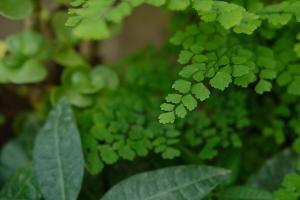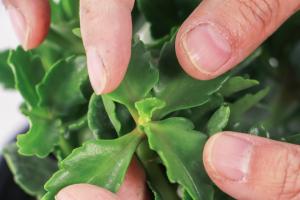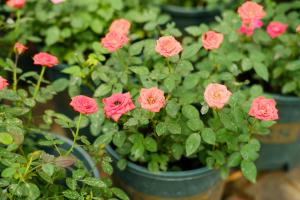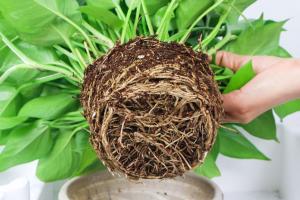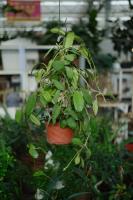Is Artichoke a Companion Plant under Fruit Trees?
Companion planting has been gaining attention in recent years as a sustainable and natural way to manage garden pests and improve soil health. The concept involves planting certain plants together to maximize their benefits to each other, such as repelling pests or improving nutrient uptake. In this article, we will explore whether artichokes can be used as a companion plant under fruit trees.
What are Companion Plants?
Companion plants are plants that are grown together to provide benefits to each other. This concept has been used for centuries by farmers and gardeners alike, as certain plants can be beneficial to others by attracting beneficial insects, repelling pests, or improving soil health. For example, planting basil with tomatoes is a classic example of companion planting, as the scent of basil can help repel tomato hornworms.
The Benefits of Artichokes
Artichokes are a member of the thistle family and can grow up to 6 feet tall. They are a great addition to any garden, as they can improve soil health by adding nutrients and breaking up heavy clay soils. Artichoke plants have deep roots, which can also help to improve soil structure and increase water retention. In addition, artichokes are also known to attract beneficial insects such as ladybugs and lacewings.
Artichokes as Companion Plants under Fruit Trees
Artichokes can be used as companion plants under fruit trees due to their ability to attract beneficial insects and improve soil health. They can also help to break up compacted soil, which can be beneficial for fruit tree roots to grow more deeply. However, it is important to note that artichokes can be an aggressive plant and can take up a lot of space. This means that they could potentially shade out the fruit tree or compete with it for nutrients and water.
Considerations Before Planting Artichokes under Fruit Trees
While the benefits of artichokes make them seem like a perfect companion plant under fruit trees, there are a few things to consider before planting them. First, be aware of how much space artichokes take up and plan accordingly. They need a lot of sunlight and space to grow, so make sure they are not too close to the fruit tree. Second, be aware that artichokes can be allelopathic, meaning that they produce chemicals that can inhibit the growth of other plants. This could potentially harm the fruit tree or other plants growing nearby.
The Bottom Line
Artichokes can be a beneficial companion plant under fruit trees due to their ability to improve soil health and attract beneficial insects. However, careful consideration should be taken before planting them, as they can be aggressive and allelopathic. As with any companion planting, it is important to do research and plan accordingly to ensure a successful harvest and healthy garden ecosystem.

 how many times do yo...
how many times do yo... how many planted tre...
how many planted tre... how many pine trees ...
how many pine trees ... how many pecan trees...
how many pecan trees... how many plants comp...
how many plants comp... how many plants can ...
how many plants can ... how many plants and ...
how many plants and ... how many pepper plan...
how many pepper plan...